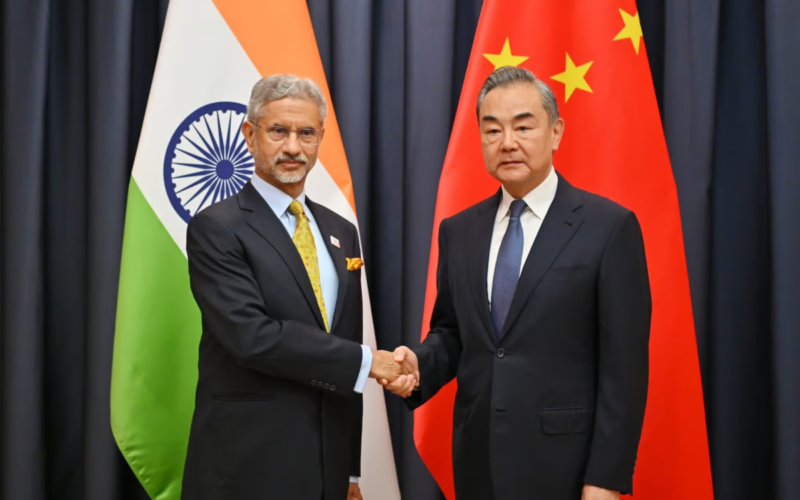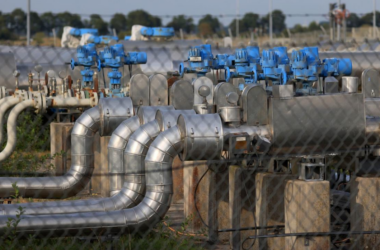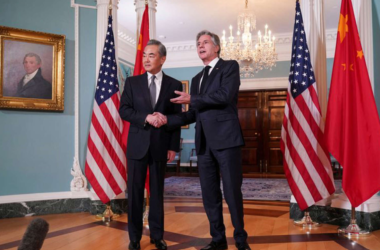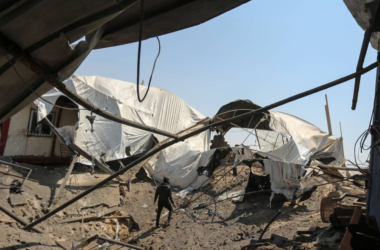India’s Foreign Minister Subrahmanyam Jaishankar and Chinese Foreign Minister Wang Yi have agreed to accelerate efforts to resolve border disputes between their countries, following a meeting on Thursday in Kazakhstan. The discussions took place on the sidelines of the Shanghai Cooperation Organization (SCO) summit in Astana.
In a statement issued by New Delhi, it was confirmed that the two leaders concurred on the need to enhance communication and expedite talks to address lingering issues along their shared Himalayan border, which remains poorly defined in many areas. Both sides acknowledged that the ongoing border tensions were detrimental to their interests.
India and China share a long, contentious border running through the Himalayas. The relationship between the two nations soured significantly after a violent clash in July 2020 in the Galwan Valley, where at least 20 Indian soldiers and four Chinese troops were killed. This confrontation marked the most severe border conflict between the two countries in decades, leading to a significant military buildup and strained diplomatic relations.
During the meeting, Jaishankar and Wang emphasized the urgency of resolving the border situation. They agreed to increase interactions between their diplomatic and military officials to find solutions to the remaining disputes. The Indian Foreign Ministry stated that both countries recognized that extending the current situation was not beneficial and committed to addressing the issues promptly.
Indian Prime Minister Narendra Modi has also underscored the need for urgent action on the border dispute. He reiterated in April the importance of addressing the prolonged tensions to stabilize relations between the two nuclear-armed neighbors.
Since the 2020 standoff, both India and China have fortified their positions along the border, deploying additional troops and equipment. This has been a significant factor in the deteriorating relations, with each side accusing the other of encroaching on its territory.
In their discussions, Jaishankar reaffirmed India’s commitment to adhering to previous bilateral agreements and protocols. He emphasized the need for complete disengagement in the remaining contested areas of Eastern Ladakh to restore normalcy in bilateral relations. The meeting underscored the importance of fully complying with the agreements and understandings previously reached by the two governments to prevent further escalations.
India and China have previously agreed to maintain dialogue through both military and diplomatic channels to manage their disputes. The recent meeting in Astana reflects a continuation of these efforts, with both countries seeking to resolve the longstanding border issues and enhance stability in their relations.
As the two nations navigate their complex relationship, the commitment to dialogue and peaceful resolution of disputes remains crucial for maintaining regional stability and preventing future conflicts.








